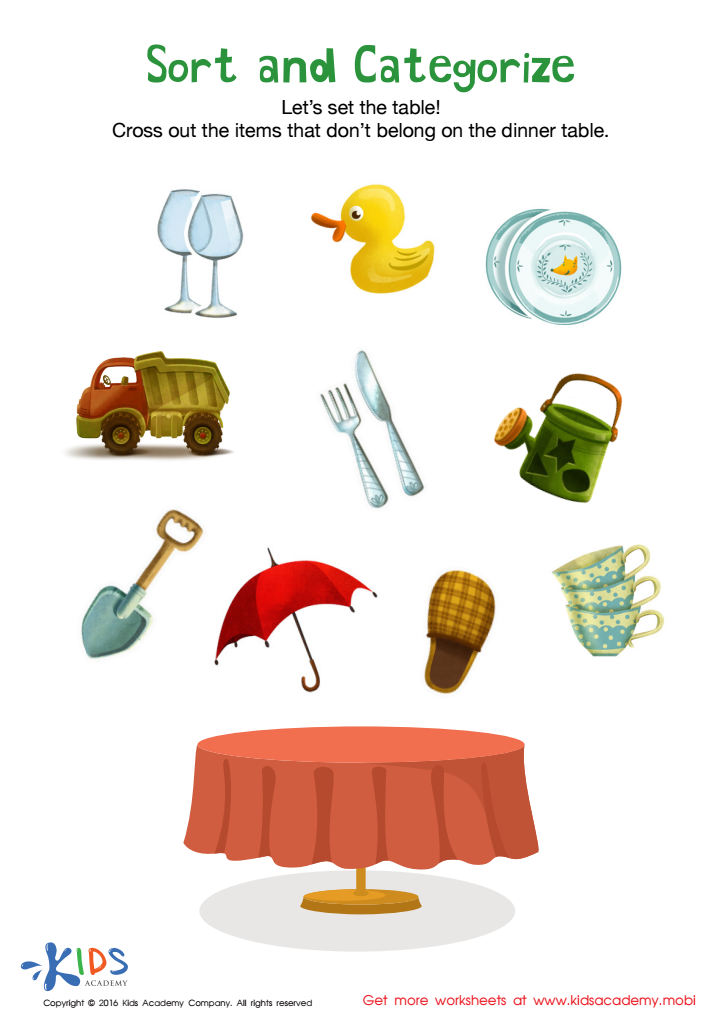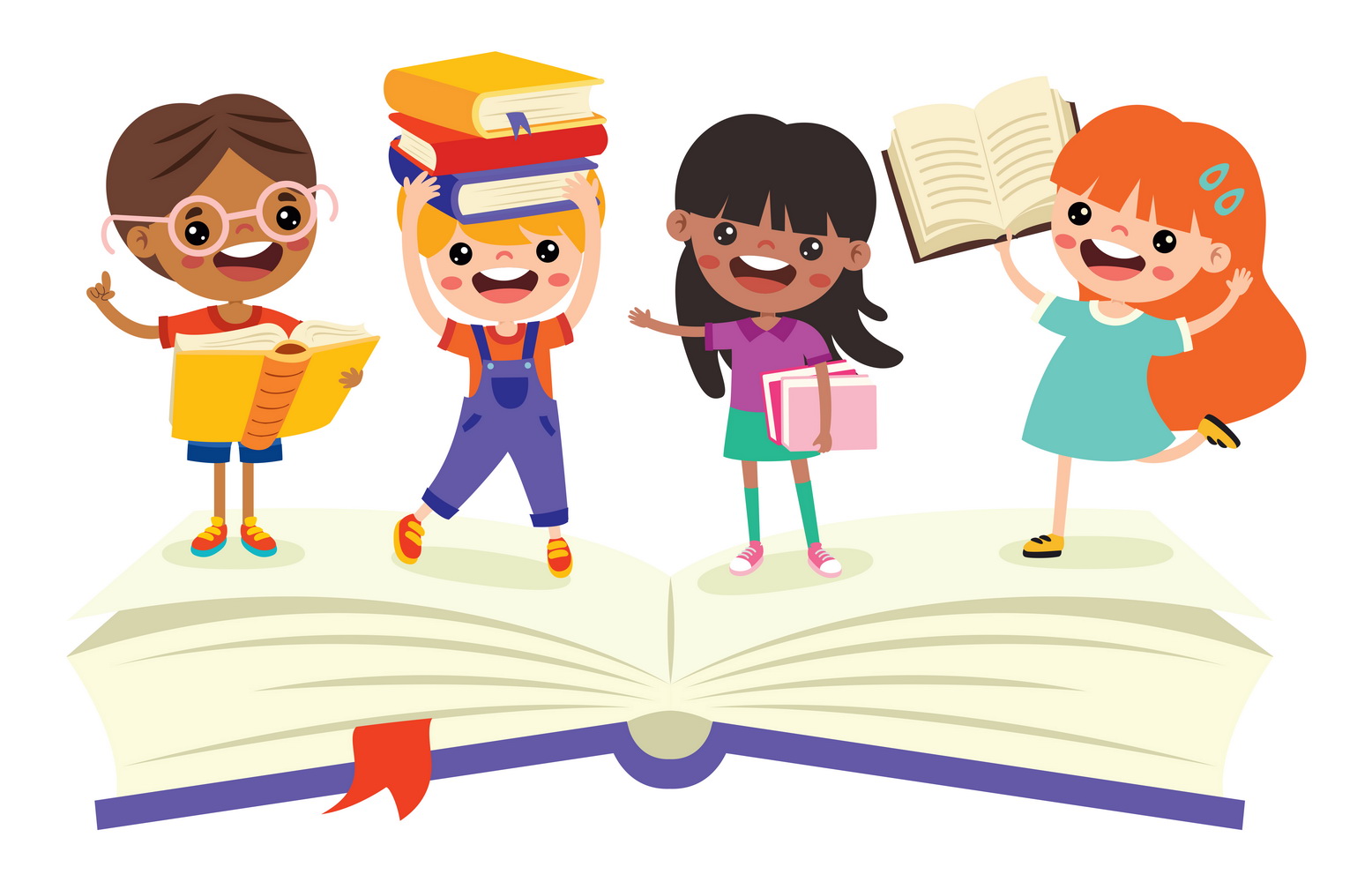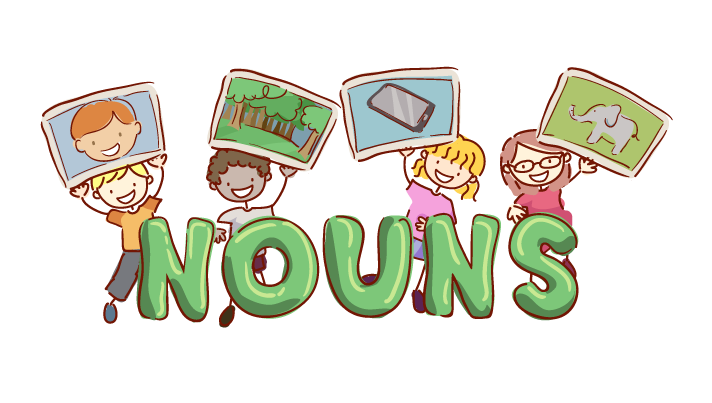Sorting Worksheets Activities With Answers for Ages 5-8
23 filtered results
-
From - To
Discover engaging sorting worksheets perfect for children aged 5-8! Our collection is designed to enhance critical thinking and organizational skills through fun activities. These worksheets encourage kids to categorize objects, colors, and shapes, fostering their ability to recognize patterns and make connections. Each activity is user-friendly and designed to align with early learning standards, making it ideal for home or classroom use. Additionally, comprehensive answer keys are included to facilitate easy assessment and support educators and parents alike. Enhance your child's learning journey and develop foundational skills in a playful way with our variety of sorting activities!
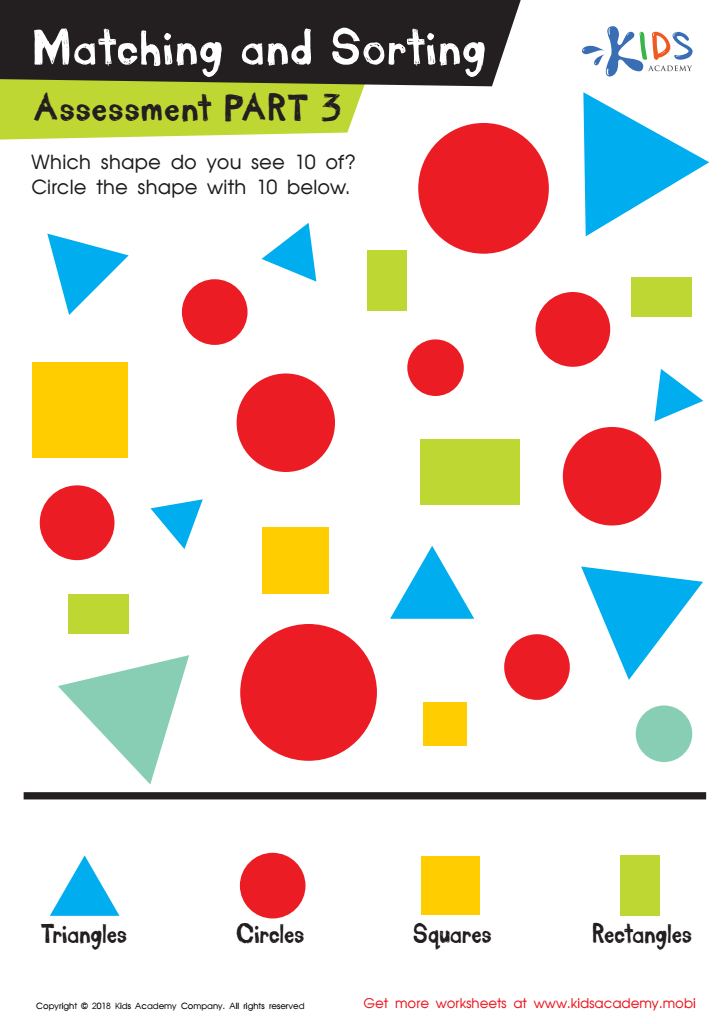

Matching and Sorting for Kindergarten: Assessment 3 Worksheet
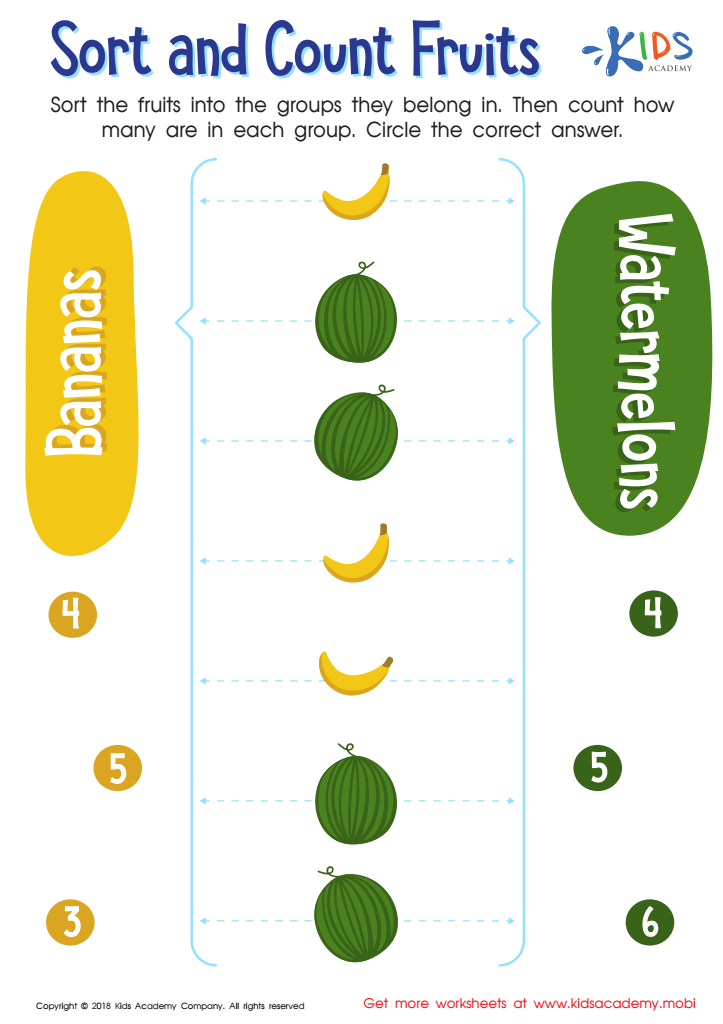

Sort and Count Fruits Worksheet


Sort and Count to the Moon Worksheet
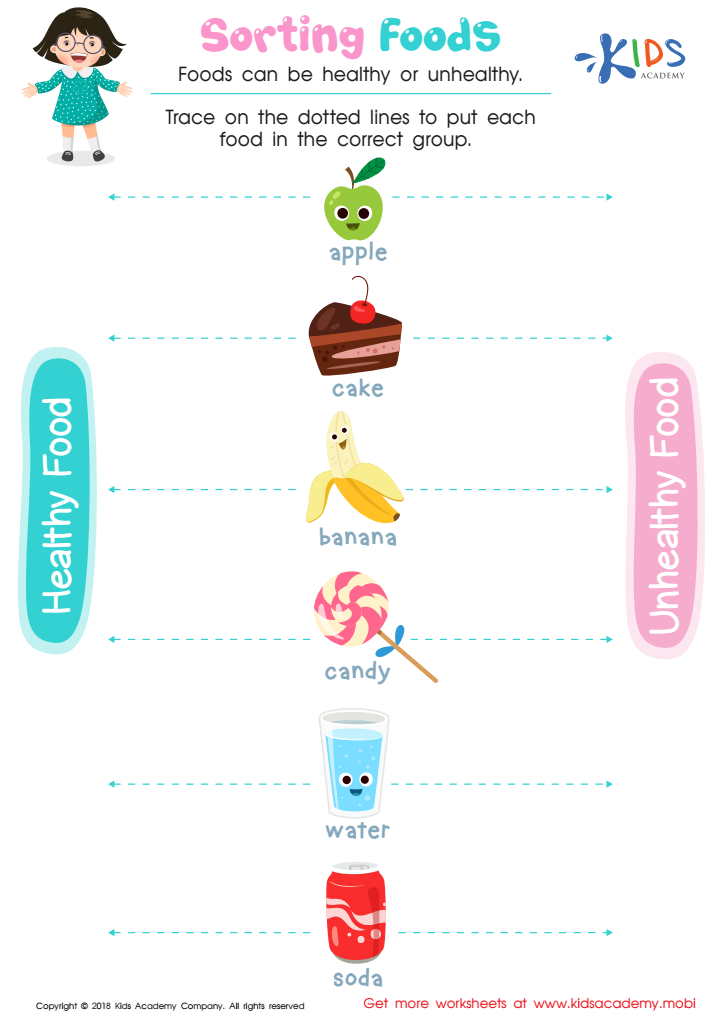

Sorting Food Worksheet


Sorting Animals in 3 Groups Worksheet
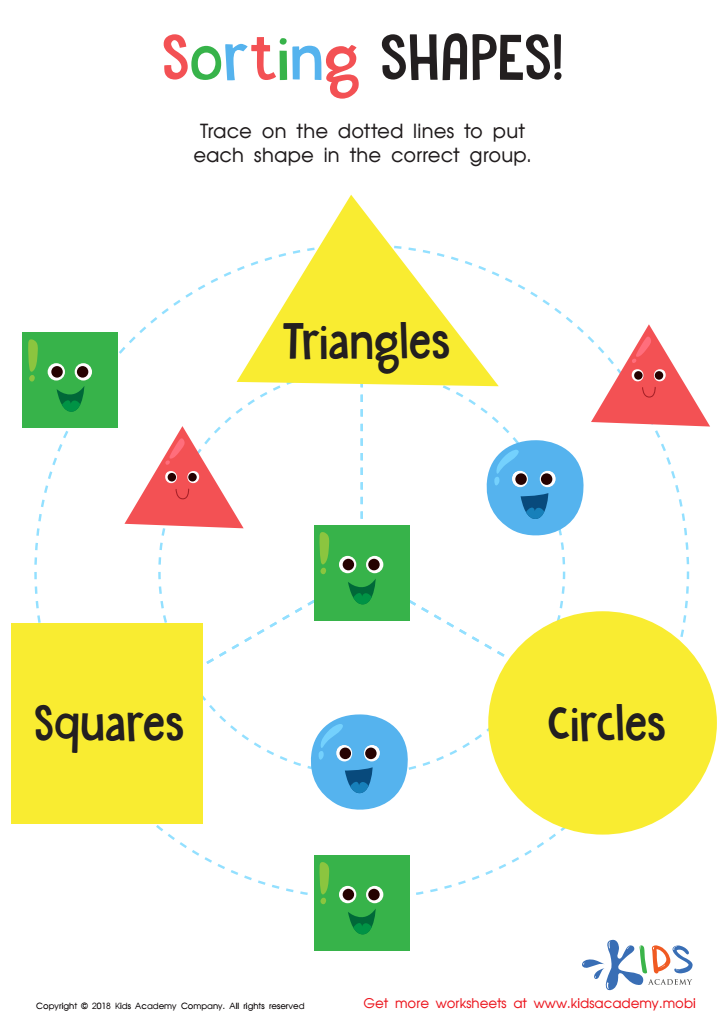

Sorting Shapes - Part 3 Worksheet
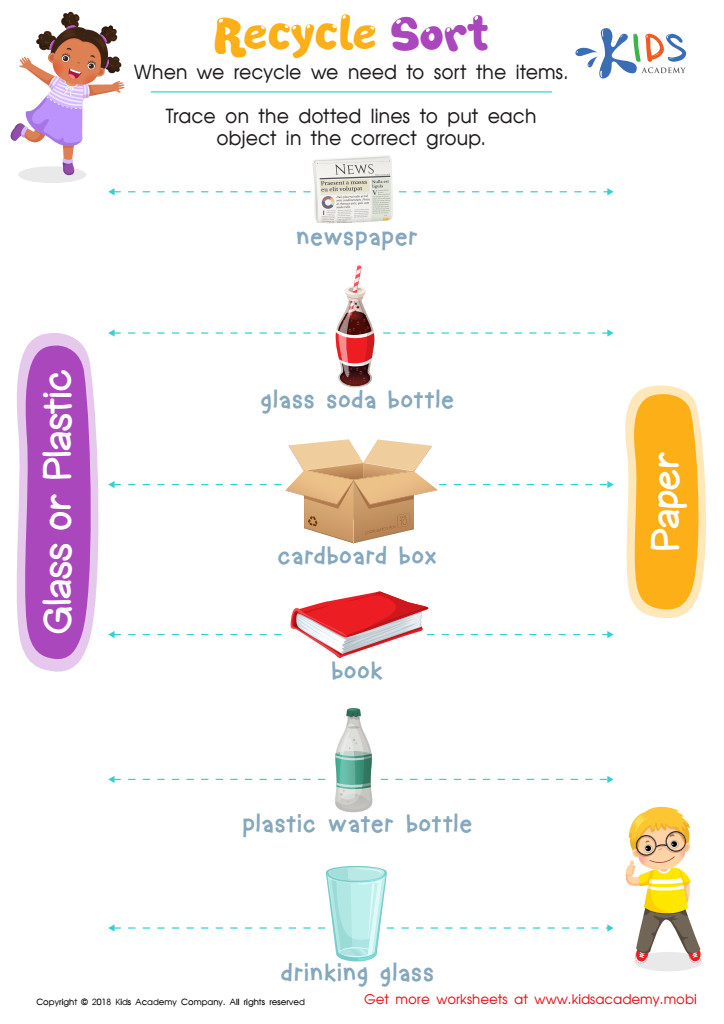

Recycle Sort Worksheet
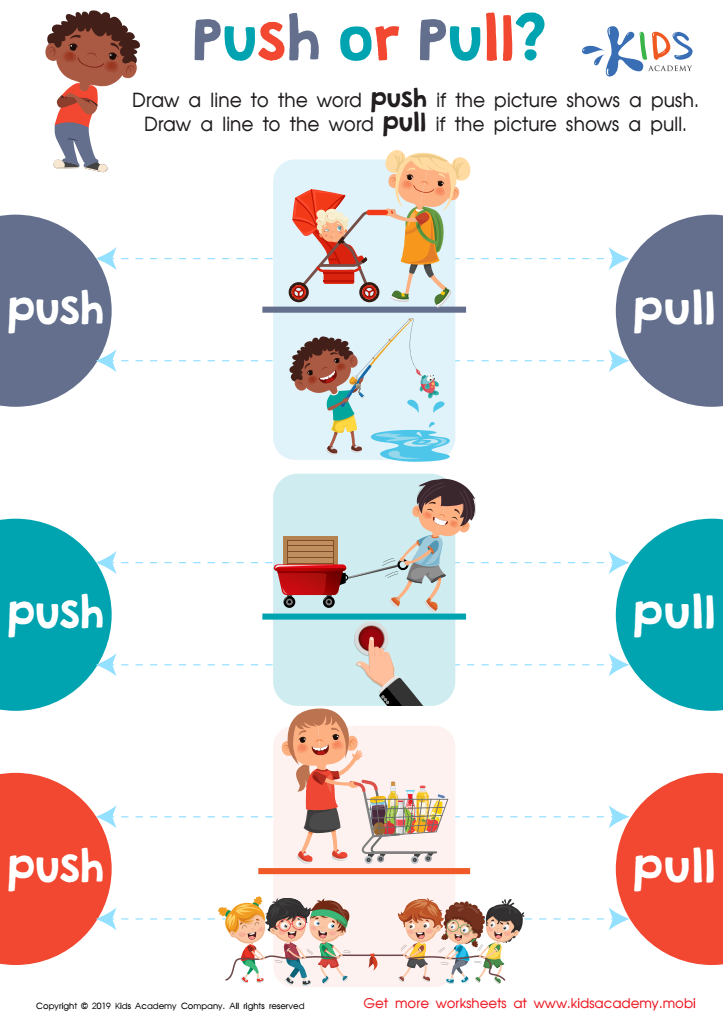

Push or Pull? Worksheet
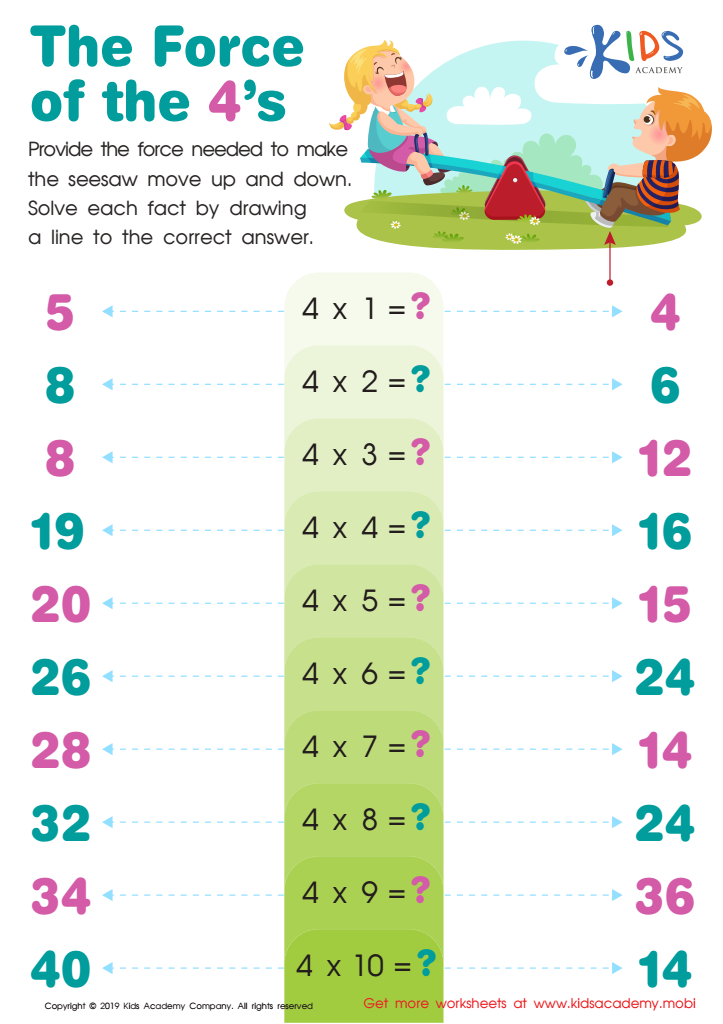

The Force of the 4's Worksheet
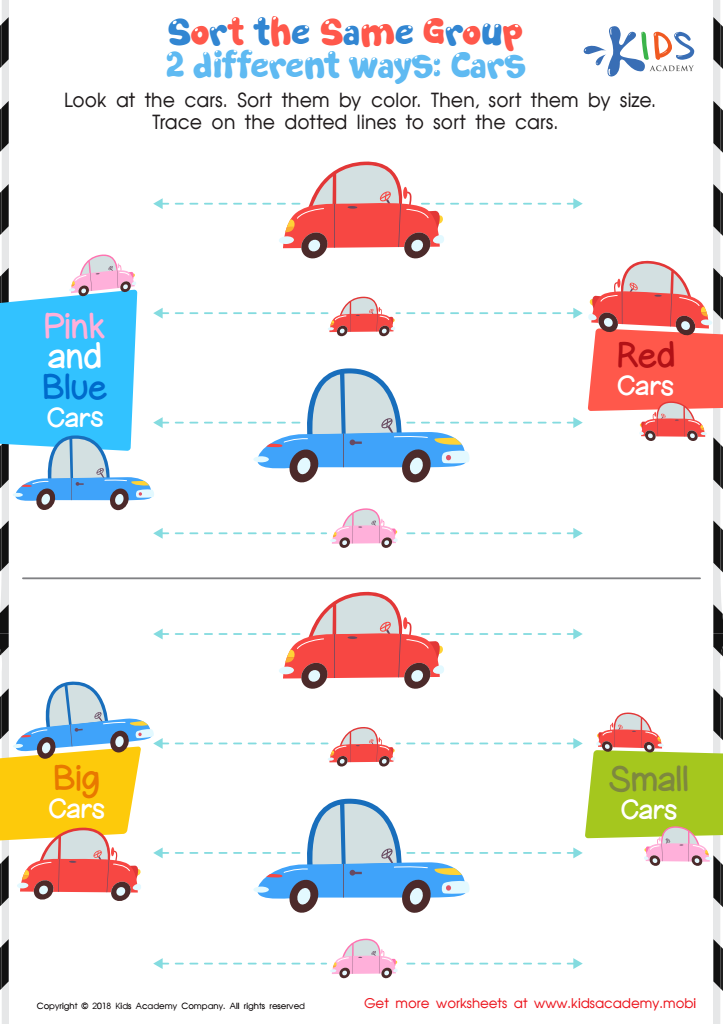

Sort the Same Group 2 Different Ways: Cars Worksheet
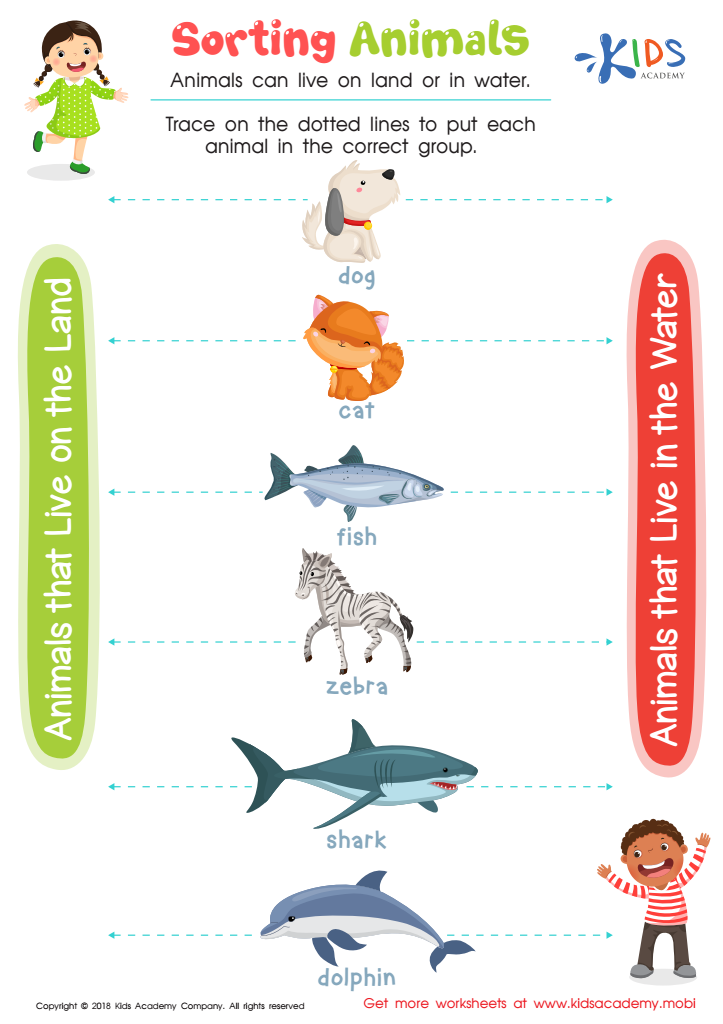

Sorting Animals Worksheet
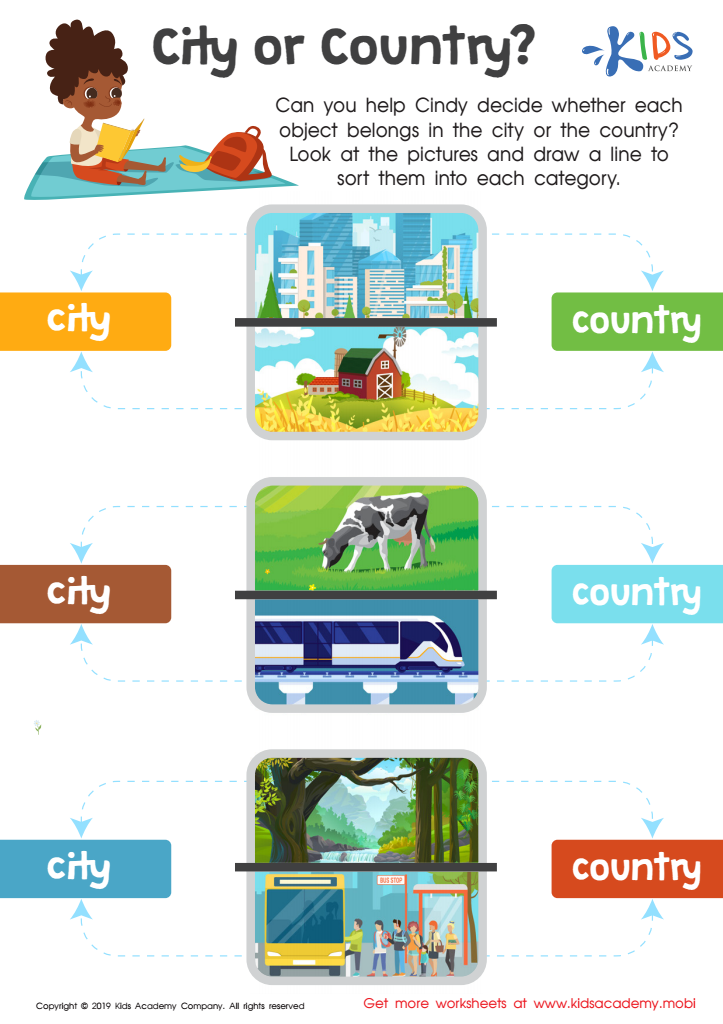

City or Country? Worksheet
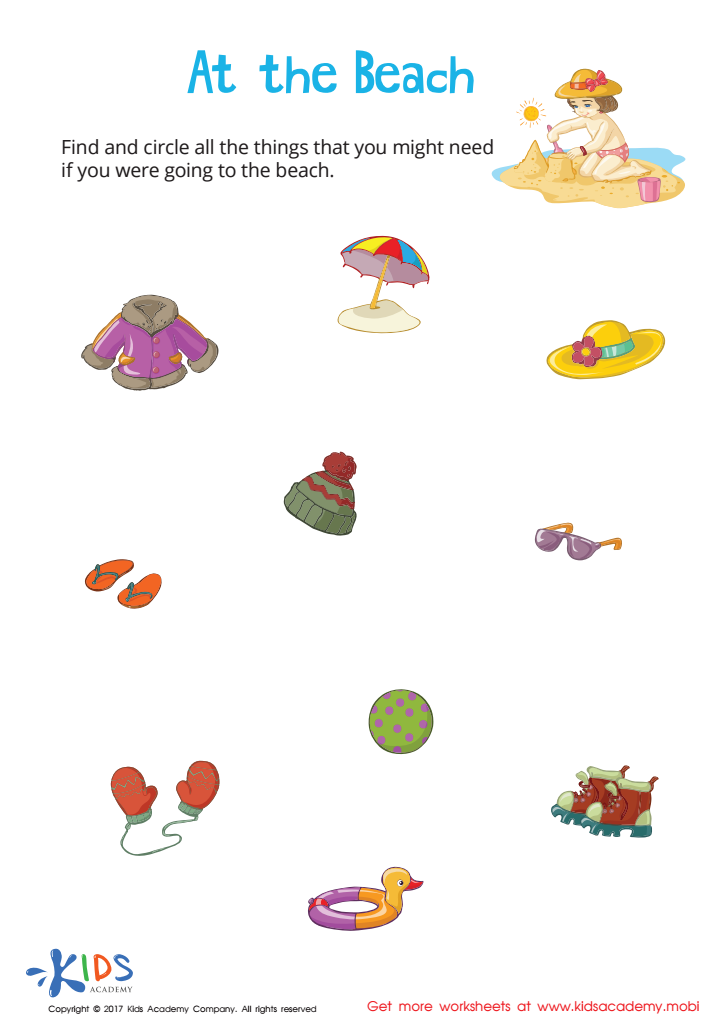

At the Beach Sorting Worksheet
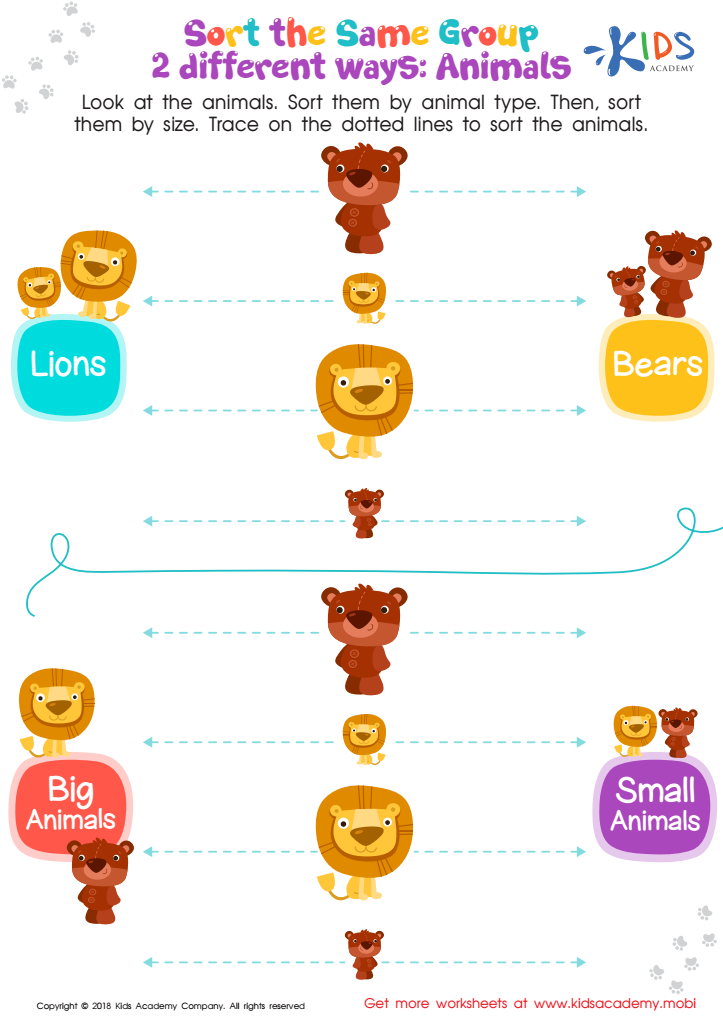

Sort the Same Group 2 Different Ways: Animals Worksheet
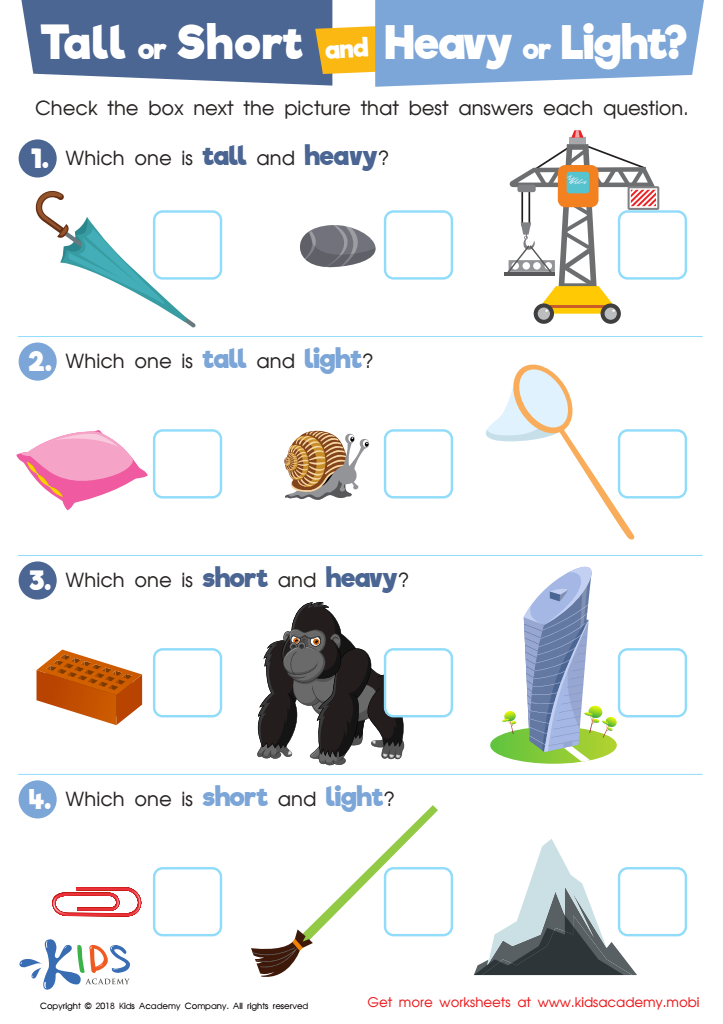

Tall or Short and Heavy or Light? Worksheet
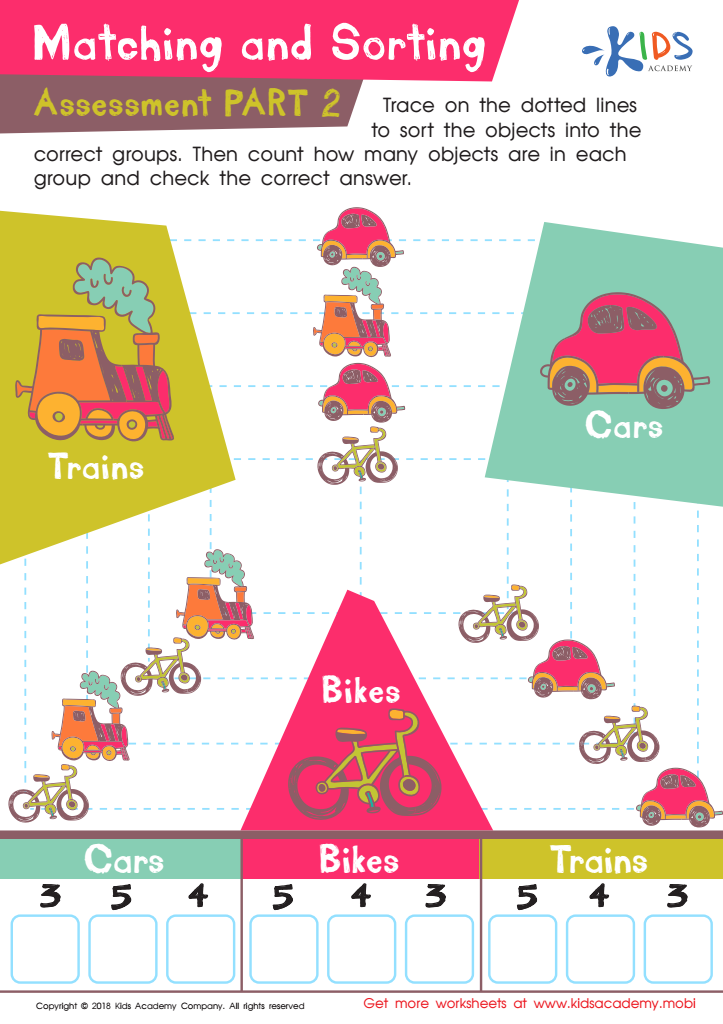

Matching and Sorting for Kindergarten: Assessment 2 Worksheet
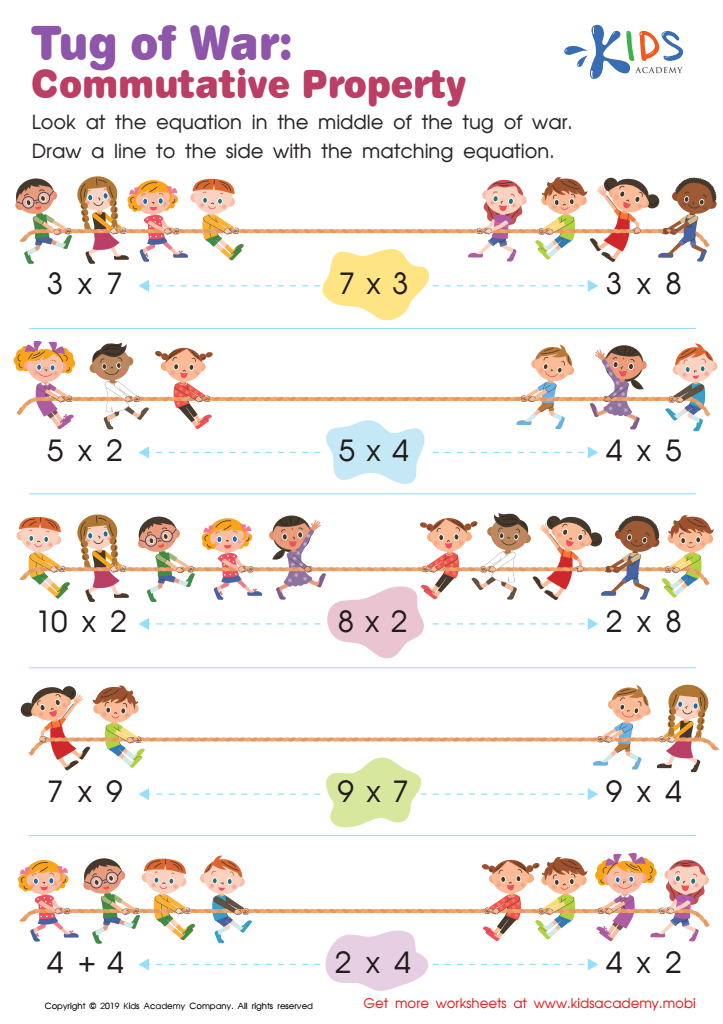

Tug of War: Commutative Property Worksheet
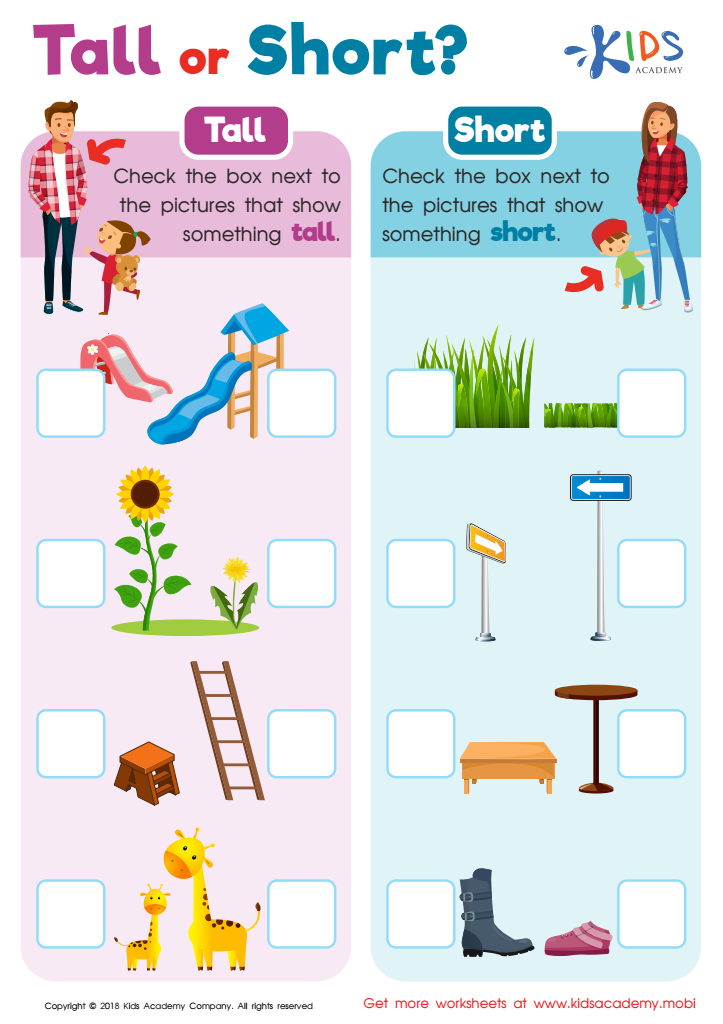

Tall or Short? Worksheet
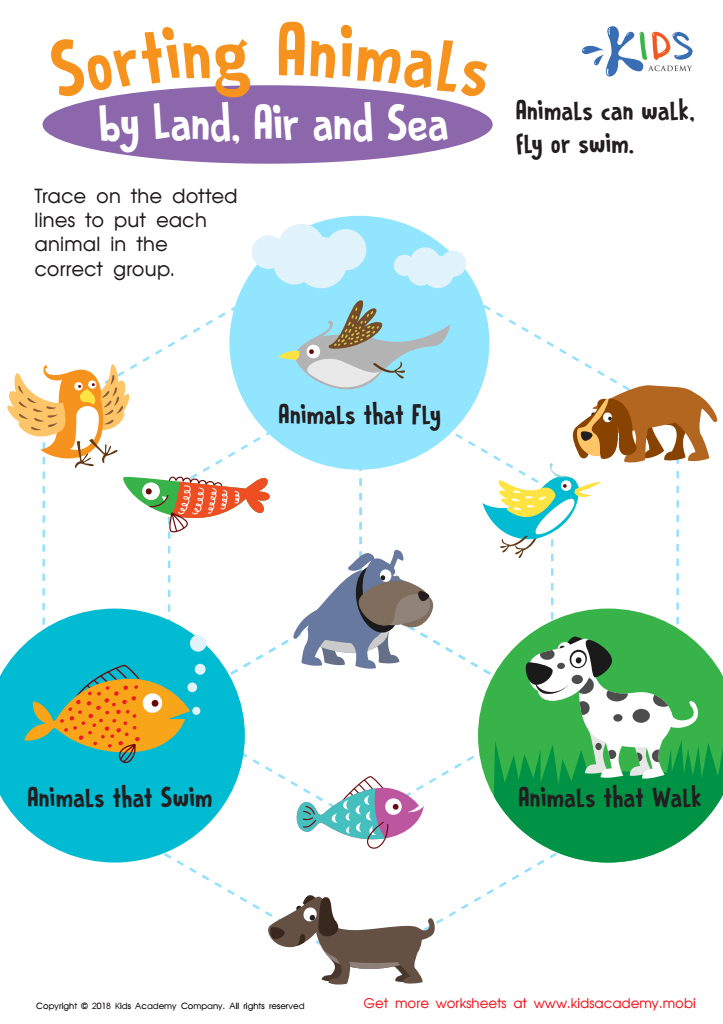

Sorting Animals by Land, Air and Sea Worksheet
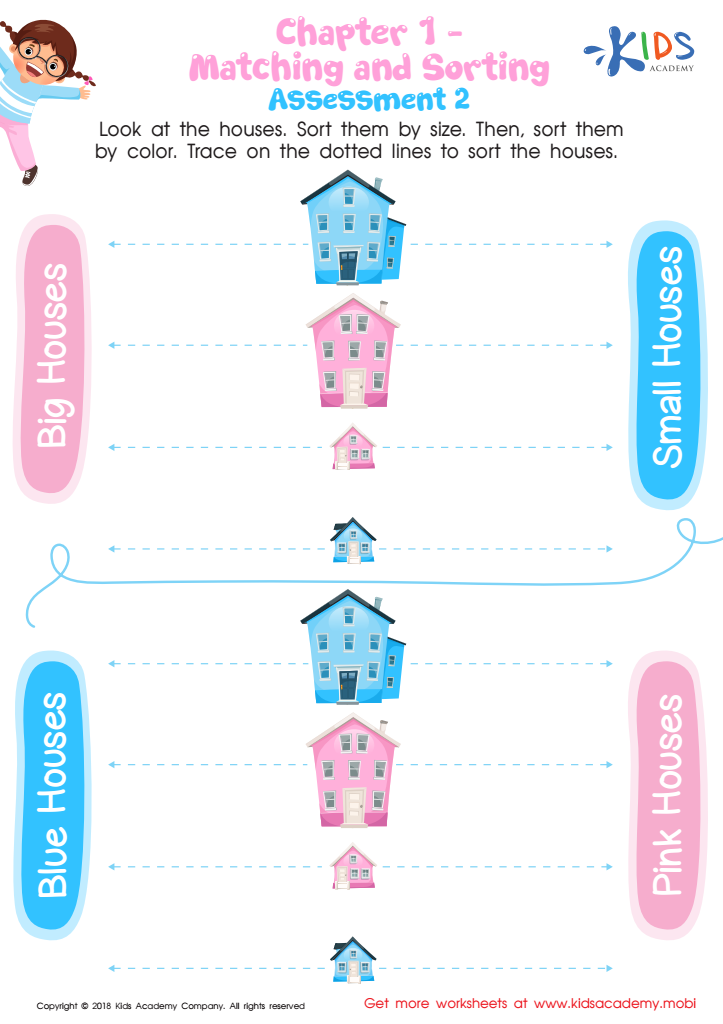

Matching and Sorting for Preschool: Assessment 2 Worksheet
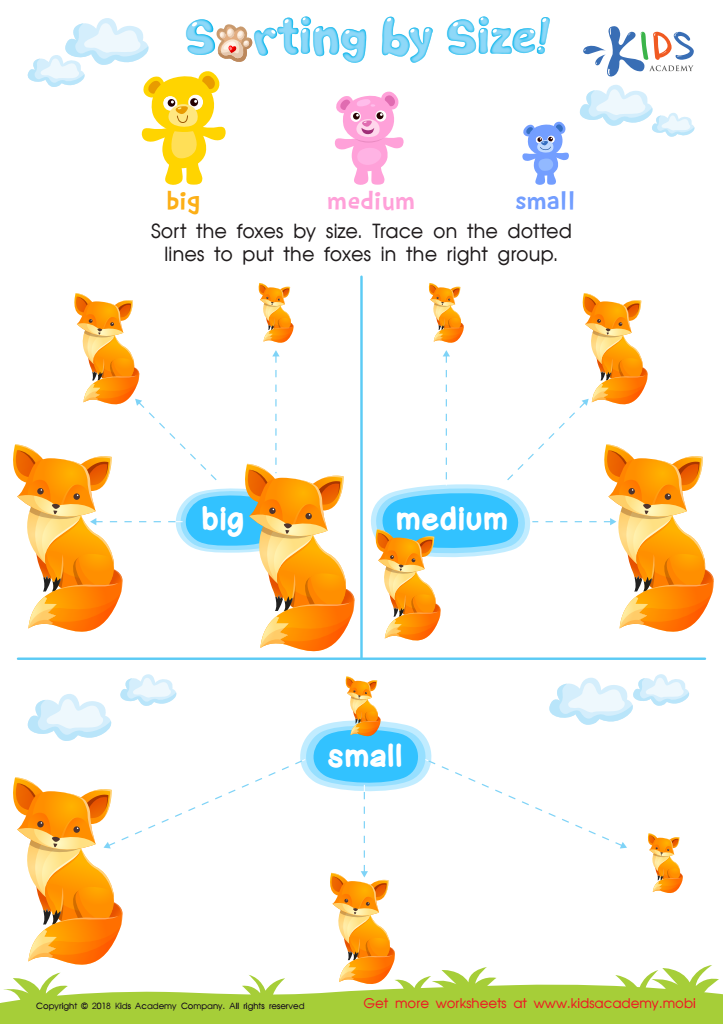

Sorting by Size Worksheet
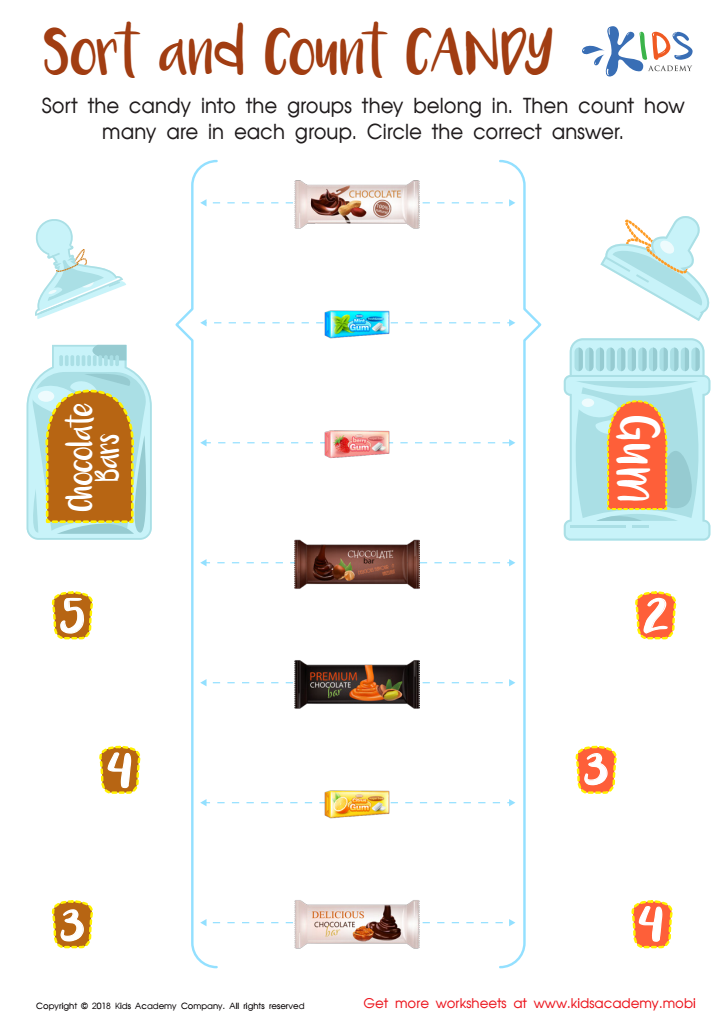

Sort and Count Candy Worksheet
Sorting activities for children ages 5-8 are crucial for fostering cognitive development, critical thinking, and organization skills. During this formative period, children begin to understand categorization, which helps them make sense of the world around them. These activities encourage children to identify similarities and differences, promoting observational skills and logical reasoning.
Moreover, sorting exercises enhance fine motor skills as children manipulate various objects or materials. Engaging in these activities not only supports academic learning—such as building foundations in math and science—but also reinforces essential social skills. Working in groups or pairs while sorting encourages communication and cooperation, essential attributes for lifelong success.
For parents and teachers, incorporating sorting activities into learning reinforces key concepts while making learning fun and interactive. By connecting sorting tasks to real-world contexts, educators can help children appreciate the relevance of these skills, easing their transition into more complex tasks. Furthermore, sorting activities can be tailored to align with different learning styles, ensuring all children can participate and thrive.
In summary, sorting activities are a versatile educational tool that promotes skill development, cognitive growth, and social interaction, making them an essential focus for parents and teachers teaching young children.

 Assign to My Students
Assign to My Students
